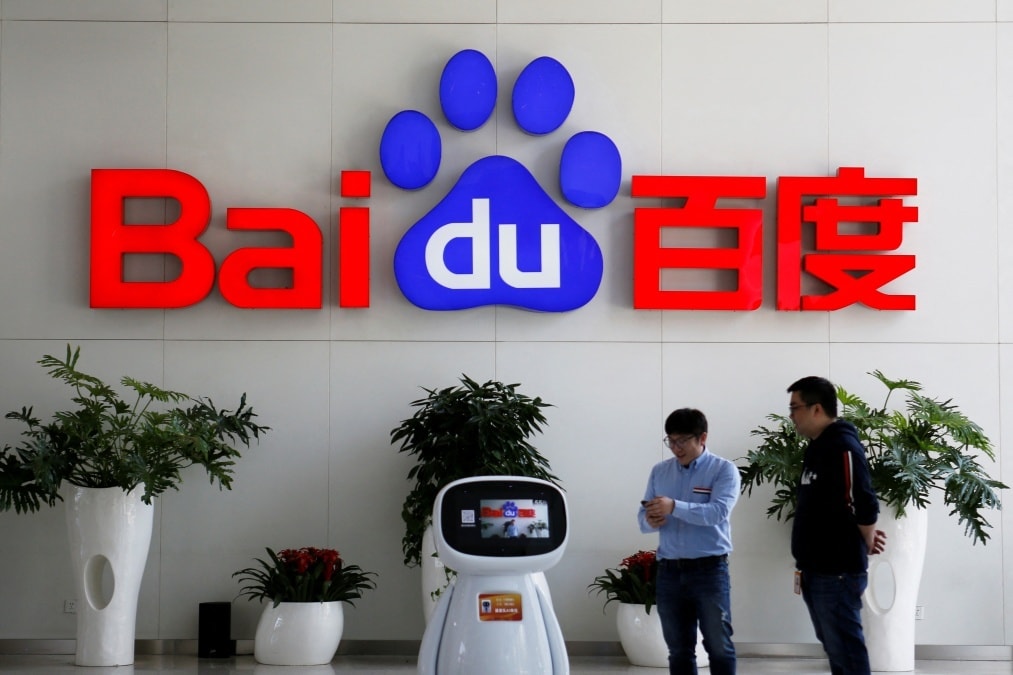Baidu, the Chinese tech giant, reportedly announced two new artificial intelligence (AI) platforms on Tuesday. As per a report, the company introduced a text-to-image generator dubbed I-RAG and a no-code platform called Miaoda. The new AI platforms were said to be showcased at the Baidu World Conference, the company's annual event. Additionally, the company also plans to launch new AI-integrated smart glasses. These glasses will be equipped with a dedicated AI assistant. The tech giant reportedly highlighted that after substantial research in the field, it now wants to commercialize its AI technology.
Baidu's New AI Platforms
According to to The Economic Times, the Chinese multinational company showcased new AI innovations at its conference. Among them is said to be I-RAG, the company's native text-to-image generator. While Baidu entered the AI image generation game late, the company reportedly claimed that it used Baidu's search engine capability to ensure the instances of hallucinations could be minimized.
Another innovation showcased by the company was a no-code platform dubbed Miaoda, as per the report. No-code platforms are used for software, website, and app creation, and they can be used by those who do not know how to write code. Such platforms use visual and interactive elements to help users design what they want, and they automate the coding process in the background.
With Miaoda, Baidu will reportedly allow users to develop software without coding skills. Users are said to be able to write a prompt about what they want and the AI can generate a prototype, which can further be edited and customized using prompts as well as visual editing tools.
Further, the company has announced its plans to launch AI-powered smart glasses in China next week. Like the Meta Ray-Ban, it will also come with an AI assistant that will help users in various real-life situations.
During the event, Baidu reportedly highlighted that its AI chatbot Ernie is handling 1.5 billion user queries per day, marking a steep rise from the 200 million daily requests reported in May. However, the company reportedly denied claims of launching an AI-powered super app and instead will focus on specialized tools.


